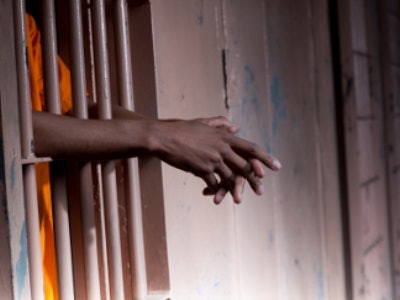
In Texas, convicted felons cannot become barbers, locksmiths, pharmacists or electricians. Nor can they be hired for jobs allowing them to work with children, which rules out positions in education and day care agencies.
“Now that millions of inmates have completed their sentences and are returning to their communities, there is a crisis of what to do about people who have languished in prisons, often for decades,” said Dr. Samuel L. Myers Jr., the Roy Wilkins Professor of Human Relations and Social Justice at the University of Minnesota.
Not surprisingly, the ban on holding certain types of jobs and the ineligibility to obtain professional licensing in various industries disproportionately harms the employment prospects of Blacks who have been paroled or already served their sentences. Black incarceration rates are six to seven times that of Whites, said Myers, whose research focuses on the impact of social policies on the poor.
“Incarceration has become almost a norm for many Blacks, and the list of unintended consequences of disproportionate imprisonment of Black males is enormous,” Myers said.
His comments and research findings came this week during the annual meeting of the Allied Social Science Associations, which draws members of the American Economic Association and 50-plus other groups. The member associations represent a wide swath of disciplines and professional interests, such as forensic economics, Christian economics, business economics, environmental economics, labor and employment relations, economists of Korean descent and those of Hispanic ancestry.
Myers was a presenter at a conference session titled, “Mass Incarceration of African-Americans and its Economic Consequences.” As part of it, he provided historical context of incarceration rates in the United States.




















